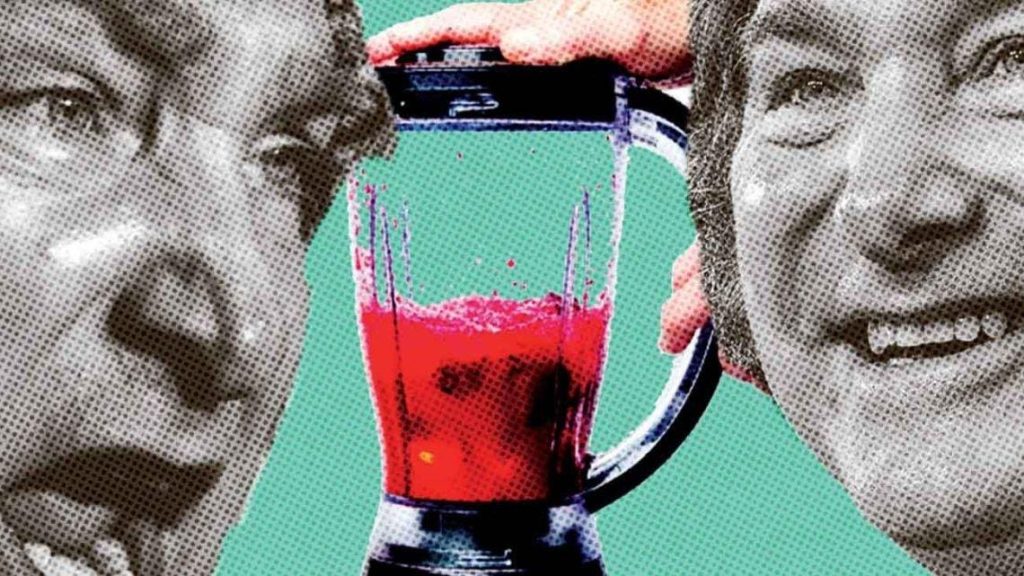The administration of Javier Milei is taking a unique approach to governance, diverging from the tactics used by his predecessors Alberto Fernández and Mauricio Macri. Unlike Fernández and Macri, who initially sought collaboration with their opponents, Milei is pinning his political opponents as enemies from the start, leading to potential deep rifts with those who disagree with him. It remains unclear whether this strategy will be successful, as Milei aims to reform the state, eliminate the budget deficit, and weaken his political rivals. However, Milei’s substantial political capital and growing discontent among the population may test social tolerance for aggressive austerity measures.
Despite diminishing public interest in opinion polls following Milei’s election, recent surveys show that the president still maintains a net positive public image. However, this positive figure has decreased, indicating deep social polarization in the country. Milei’s divisive character and approach have heightened social divisions, with strong polarization evident in responses regarding his ability to govern and stabilize the economy. Key challenges for Milei’s administration include taming inflation and putting the country on a sustainable economic path, a task being tackled through aggressive economic measures that have impacted society, particularly lower-income groups.
The Milei administration’s strategy to combat inflation involves a painful recession that aims to spark investment and growth once economic indicators improve. While initial results show a decrease in inflation and a budget surplus achieved in January for the first time in 12 years, aggressive austerity measures have strained relationships with provincial governments and sceptical economists warn of long-term sustainability. Milei’s political persona is built on antagonism towards the political class, which he refers to as “the caste,” setting the stage for ongoing conflicts with politicians who oppose his plan.
Milei’s confrontational approach was evident during a recent congressional showdown over an omnibus bill, where he targeted political blocs and provincial governors who opposed him legislatively. While Milei has backed down on certain campaign promises, such as torching the Central Bank, he continues to push for dollarization, a move rejected by a majority of Argentines. His emphasis on identifying his opponents as members of the “caste” and governing by emergency decree highlights a strategy that relies on constant political bickering while diverting attention from economic challenges. The sustainability of this approach and its impact on society remain key concerns moving forward.
As Milei continues to navigate the complexities of governing, questions persist regarding the sustainability of his aggressive economic measures and confrontational political style. Whether his administration can maintain this level of political confrontation and how long society will tolerate economic hardships before demanding change remain uncertain. Time will be a crucial factor in determining the success of Milei’s governance and the implications for Argentina’s future.


